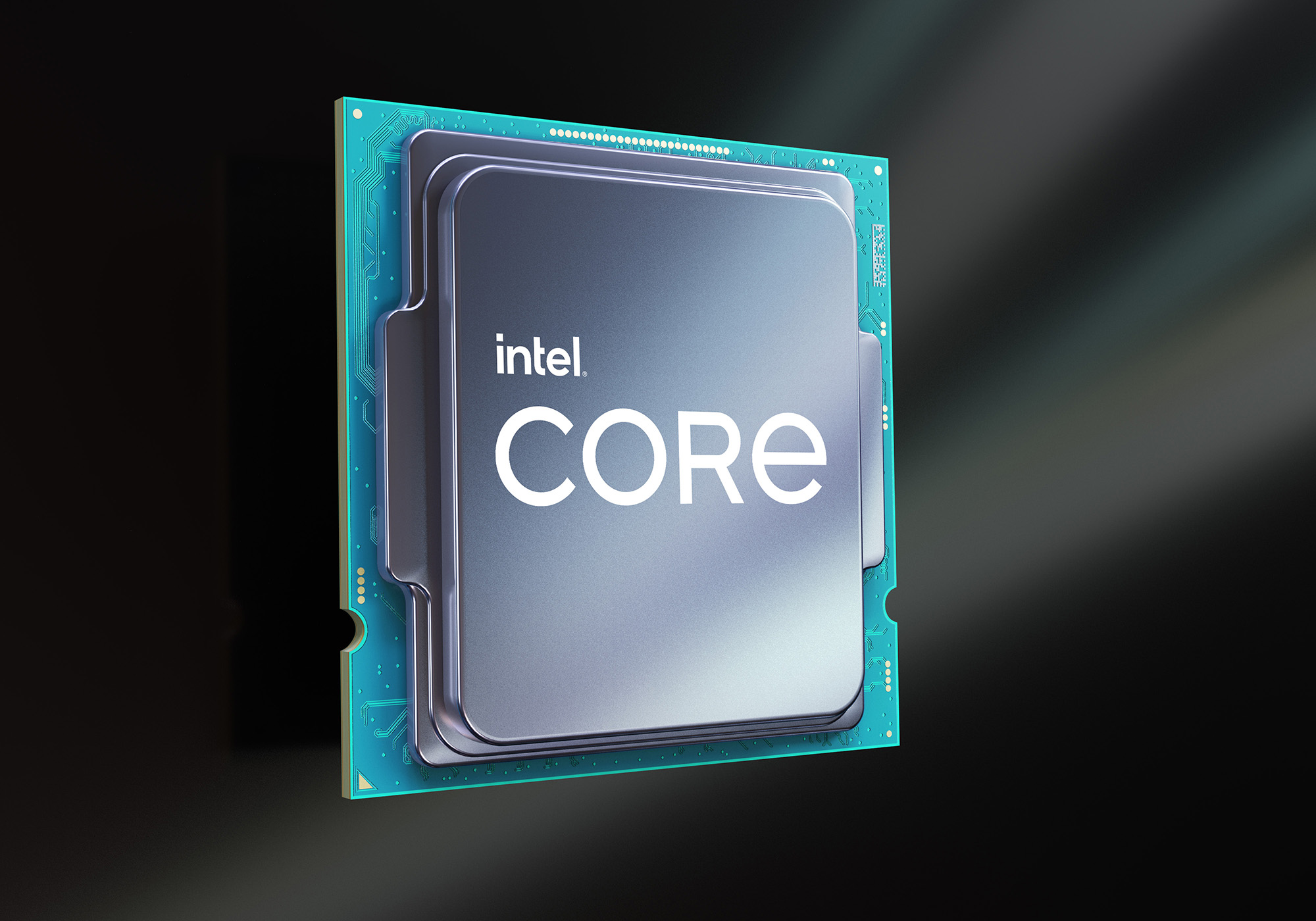Redneck5439
Honorable
I am taking these Intel internal benchmarks with a pinch of salt. Independent testing will either confirm or deny this claim when these CPU's, motherboards and RAM appear on the market.
Totally agreed. From the leaked benchmarks I've seen thus far the 11900K in single core performance is on par with my overclocked / optimized 5900X. I am running a negative offset in core voltage and have further optimized the single core boost using the overclock curve in my bios and the two best cores of CCD0 and CCD1 are boosting to ~5Ghz (4.999 and 5.024 are what I typically see under load, with 5.125 reported under light loads). In single core I score between 690 and 708 in CPU-Z, between 645 and 650 in CB R20, and 1780 - 1800 in Geekbench. These are the main leaked benchmarks I've seen for the 11900K and out of them the only outlier is Geekbench where I have seen leaks of the 11900K scoring over 1900. Of course with 4 more cores and 8 more threads the 5900X will dominate the flagship 11900K in any productivity based (multi-core) tasks. I also have an all core overclock set at 4.675Ghz, which the Dark Hero allows via an OC switch, so in multi-core benchmarks my 5900X is going to far surpass anything the 11900K can muster.
Really best case for the 11900K is that it will edge out Zen 3 in single core performance, might have a 5 - 10 FPS advantage in some games. All of this while requiring more raw clock speed, using more power and requiring high end cooling solutions. As previously mentioned Intel will not have an answer for multi-core applications till at least Alder Lake.
To me this seems like a poorly placed placeholder to Alder Lake... Would make sense if Intel didn't plan to release Alder Lake till late 2021, but with their road map showing Alder Lake release of "second quarter" of this year doesn't make a whole lot of sense, and for multi-core performance is actually a step back from the 10900K. This seems like a refresh but according to Intel its a "new" arch back-ported from 10 to 14nm. Maybe I'm alone in feeling like Rocket Lake is just a rushed placeholder designed mostly to fleece more money from its own fan base... Either that or they know Alder Lake is going to be pushed back to end of 2021, beginning of 2022 and they don't want to admit it for fear of loosing market share. This would make more sense as Intel would at least be able say they have the best gaming processor again (if only by very small margins) and hopefully keep themselves relevant till the end of the year.


